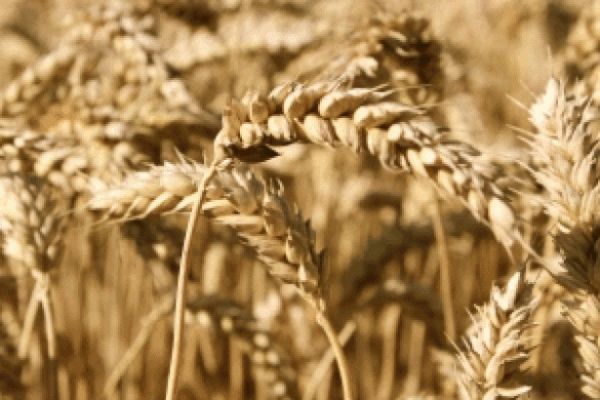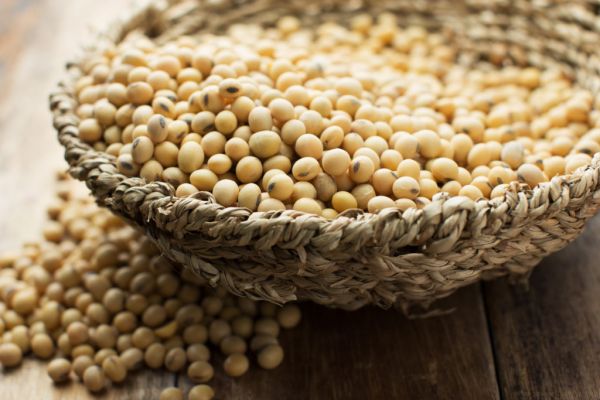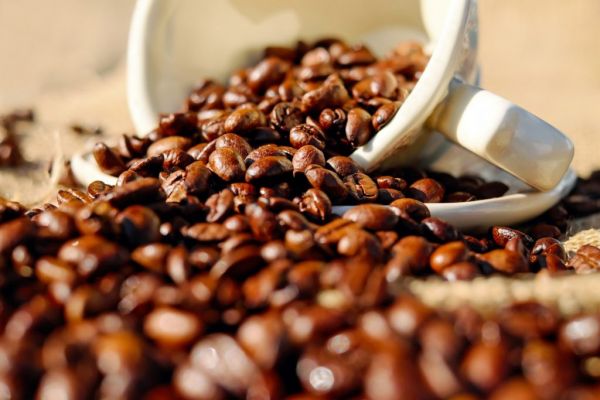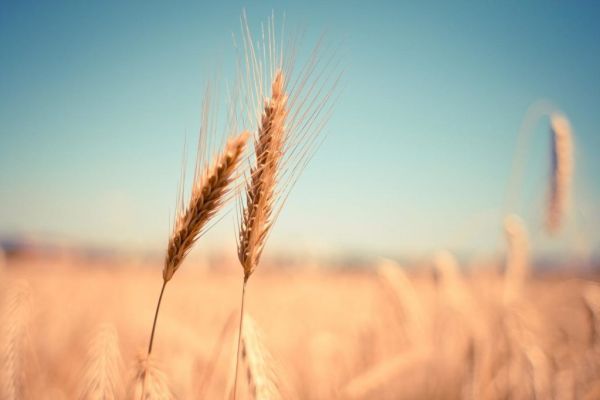The worst French wheat harvest in decades isn’t enough to stop a record global glut of grain from rising.
Lower wheat production in western Europe will be offset by increased output in the U.S. and former Soviet states, while prospects for American corn crops have improved, the International Grains Council said in a report Thursday. The IGC raised its 2016-17 grain-stockpile forecast by 0.8 percent to 492 million metric tons.
While rains earlier this year have cut French wheat yields to a three-decade low and also hurt German crops, farmers in the Black Sea region are faring better and top exporter Russia is expected to harvest a record amount. The U.S. government said earlier this month that American growers will collect more corn than anticipated as favorable weather helps yields. Bumper harvests around the world pushed crop prices down over the past few years.
“The largest adjustment this month is for maize and is nearly entirely due to a sustained improvement in crop prospects in the U.S.,” the council said, referring to corn. It expects total grain production in the 2016-17 season to rise 3.5 percent from a year earlier to a record 2.07 billion tons.
Crop Quality
While the London-based IGC expects the wheat harvest to probably be a record, concerns have increased about the quality of crops. The flooding in France has left much of the grain unfit for human consumption.
“The past month has seen escalating concerns about availabilities of milling grades,” it said. “Ample rains boosted average yields of wheat in many places, but caused some quality downgrading. Ample availabilities and low prices are seen encouraging feed demand.”
France, the European Union’s biggest wheat grower, may boost trading with Germany as it seeks higher-quality wheat, according to Guido Seedler, a representative of Germany’s Deutscher Raiffeisenverband. In return, Germany may look to import more lower-level grain to feed animals, he said.
Grain trading will total 330 million tons in 2016-17, 1.9 percent more than the IGC’s July 28 estimate. That will still be below the previous year’s record, it said.
News by Bloomberg, edited by ESM. To subscribe to ESM: The European Supermarket Magazine, click here.














